Unveiling the Layers of Autism Advocacy with Nick Fernandes: A Journey of Understanding and Action
Share
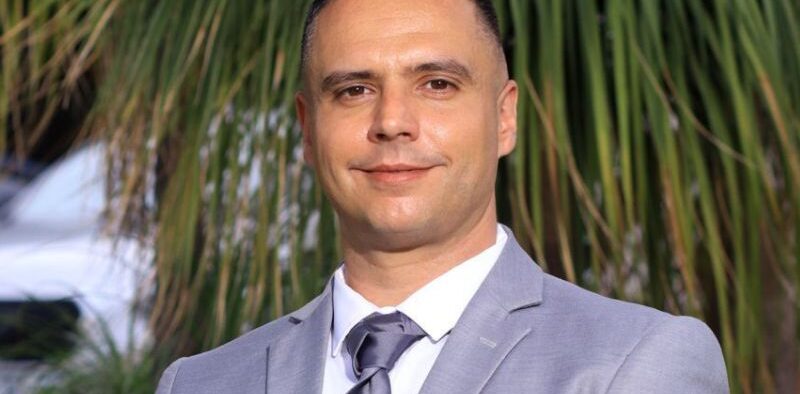
In the tapestry of human diversity, autism stands as a unique thread, weaving its way through communities with its spectrum of challenges and gifts.
And as we traverse through the landscapes of advocacy, it becomes evident that discussions surrounding autism are not merely dialogues but are endeavors crucial for dispelling stereotypes and nurturing awareness and acceptance.
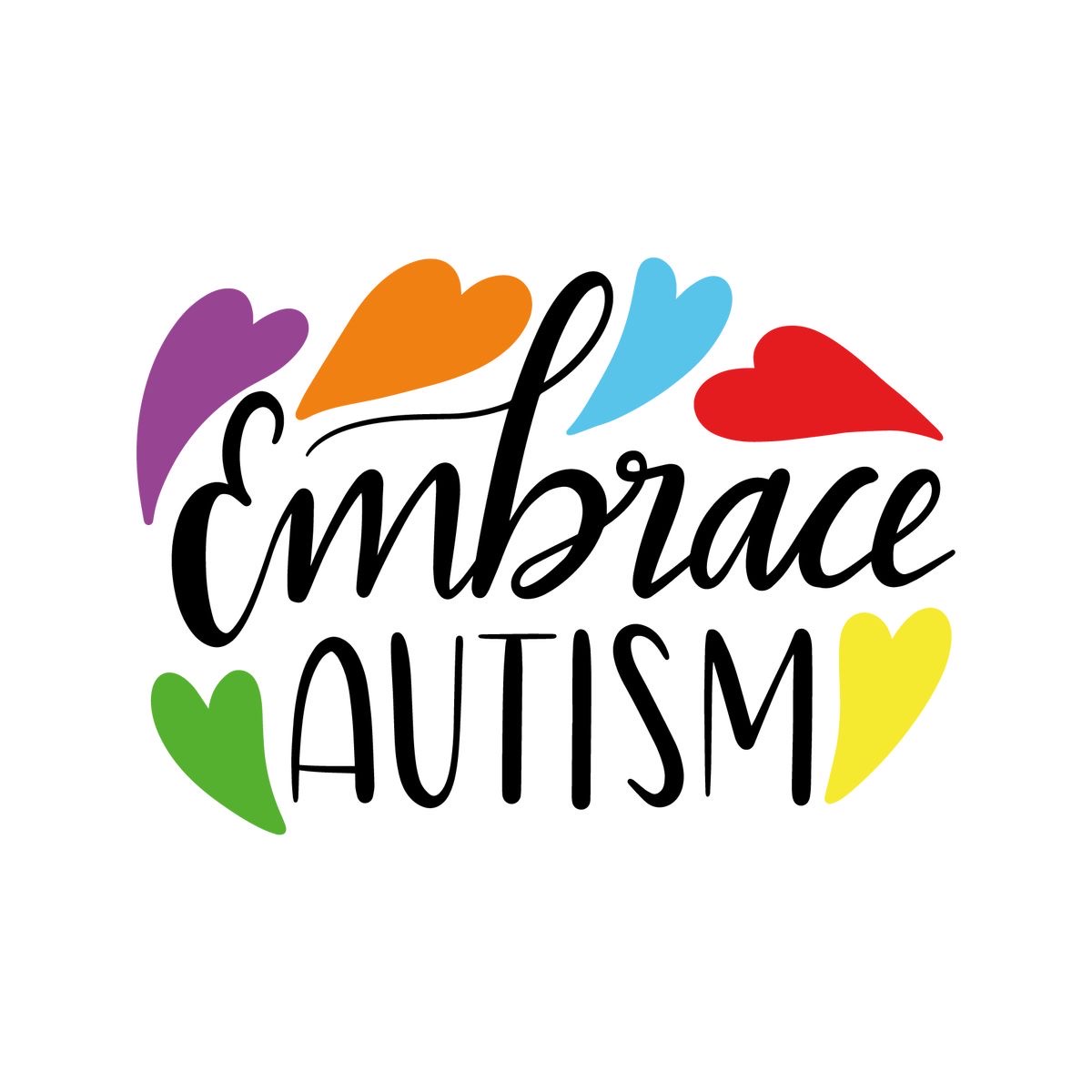 Little Gem’s Nick Fernandes, an advocate and proprietor of care facilities serving vulnerable populations, such as children and families with special needs, presents the various phases of advocacy efforts, highlighting the foremost step as the prevalent presence of the word ‘autism’ in public spaces—marking the inception of identity formation; a phase he predicts South Africa might have reached the end of.
Little Gem’s Nick Fernandes, an advocate and proprietor of care facilities serving vulnerable populations, such as children and families with special needs, presents the various phases of advocacy efforts, highlighting the foremost step as the prevalent presence of the word ‘autism’ in public spaces—marking the inception of identity formation; a phase he predicts South Africa might have reached the end of.
“The next stage is accommodating autism, and what that looks like is taking less subtle approaches than the ones that our country is used to,” citing countries like Spain and in Liberian areas where they have adopted more overt techniques to advocate for autism.
“So twice a week, these countries’ malls have a quiet hour. What that means is that there is no noise, no music—it’s completely disability-friendly. And that’s a small form of advocacy where we can start bringing stuff like that into public spaces,” he said.
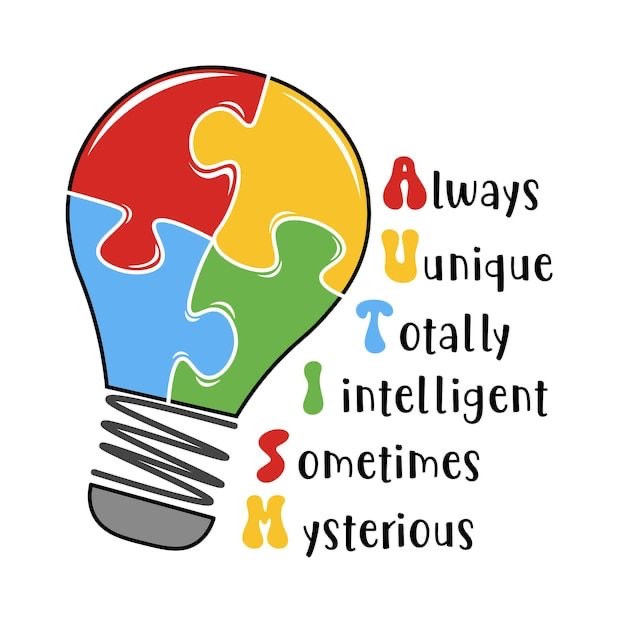
New Zealand has also embraced the trend, with one of its major supermarket chains, Countdown, implementing the initiative every Wednesday from 2:30 pm to 3:30 pm. Nick also cites more aggressive approaches to advocacy.
“For example, in Dubai, we ran a program that invalidated the trend of driving in a car with curtains so no one could see inside just because someone has autism. This happened then because it was still taboo. And we insisted on driving children on the buses to go see things without being covered, until society started realizing, ‘oh, that they are just part of our group. They are just another face of society.’ So I think having autists themselves speak, communicate, and participate is in itself a form of advocacy. They are the ones who need to advocate at the end of the day, but they can only do it with the platform.
“But unfortunately, the autism space has become very controlled by adult autistics, self-diagnosed, which is its own thing. But we need to create a bit of a space for the teenage autistic person to communicate with others and to just be part of things. So what does this mean? Park runs on a Saturday, for example. Everybody loves it; it’s great. Advocacy could be just taking two autistics with you on a park run just so that they start appearing in society more and more and more, and we start understanding them,” he adds.
The final aspect of advocacy, which in the South African context right now could work very well, is addressing stereotypes and misinformation head-on by replacing them with better information.
Contrary to widespread beliefs, Nicks shares that autism is actually much more prevalent than we’d like to think it is.
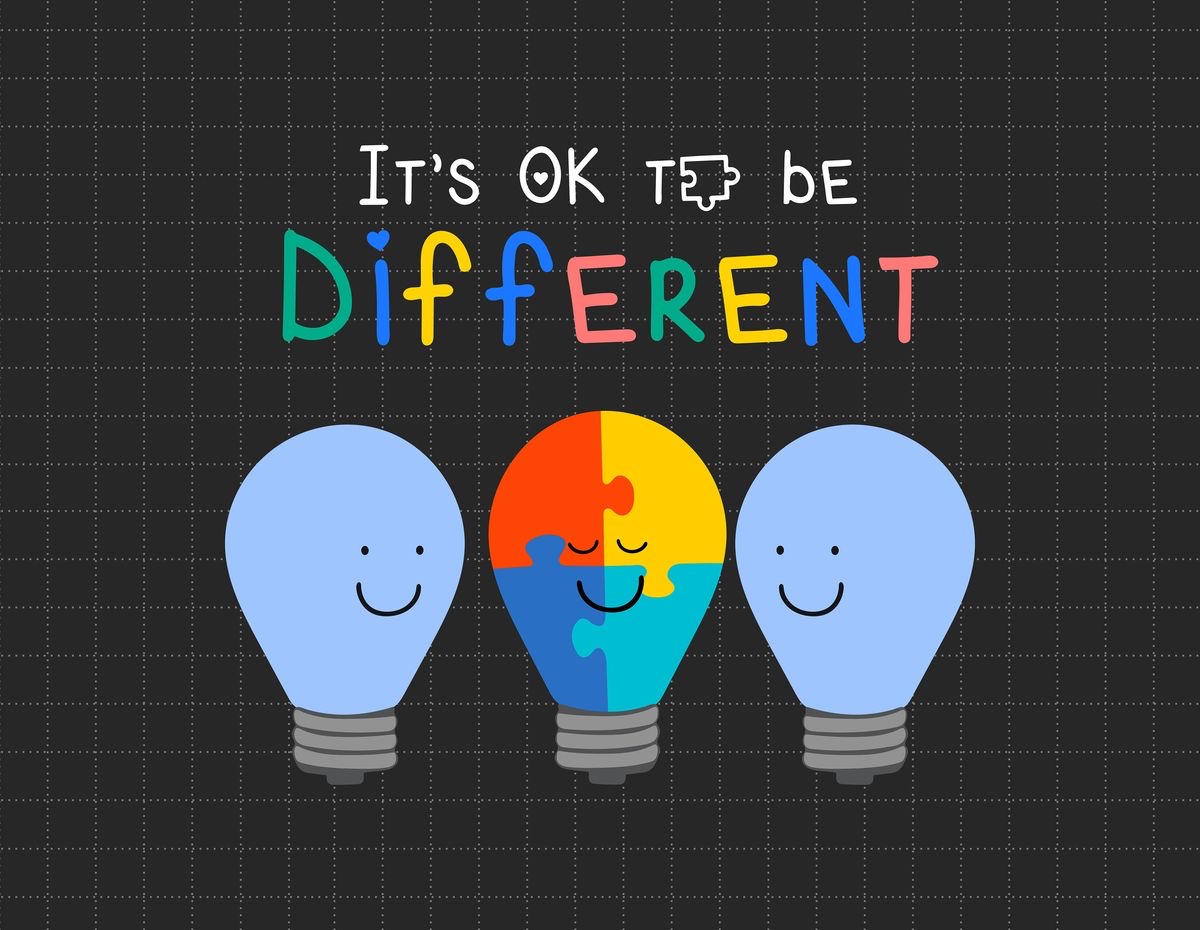
The misconceptions linked to this disability range from people thinking that autism is caused by medication while a vast majority still view it as taboo, especially when it comes to more African setups where concepts such as special needs, callings, and giftings have always been very closely related, “and very often we don’t have the skill set to remove one from the other,” said Nick.
“On the other side of modern western culture, the misconception is that a person with autism is non-functional within society and needs assistance throughout. There are misconceptions that autistics are fully incapable of understanding emotion and communicating, that they are ditzy or strange, or that the disability is something that is genetic from either the mother or father. Other ideas are that it happens because parents have done something wrong during pregnancy and during birth, like drinking or drugs,” which are the top misconceptions Nicks notes that can further stigmatise autistic persons and perpetuate misinformation.
Nick shares that the link between special needs, autism, and divorce is very high, with 80% of couples getting divorced once the child is born with special needs, according to a 2015 study.
“What the study indicated was that there is a guilt factor, there’s a blame factor, and there is a lack of understanding factor. So when one parent becomes the primary caregiver, they just live for this child; while the other parent lives out, they start misunderstanding each other. This then causes them to start living different lives because their focus has changed from each other towards the child.”
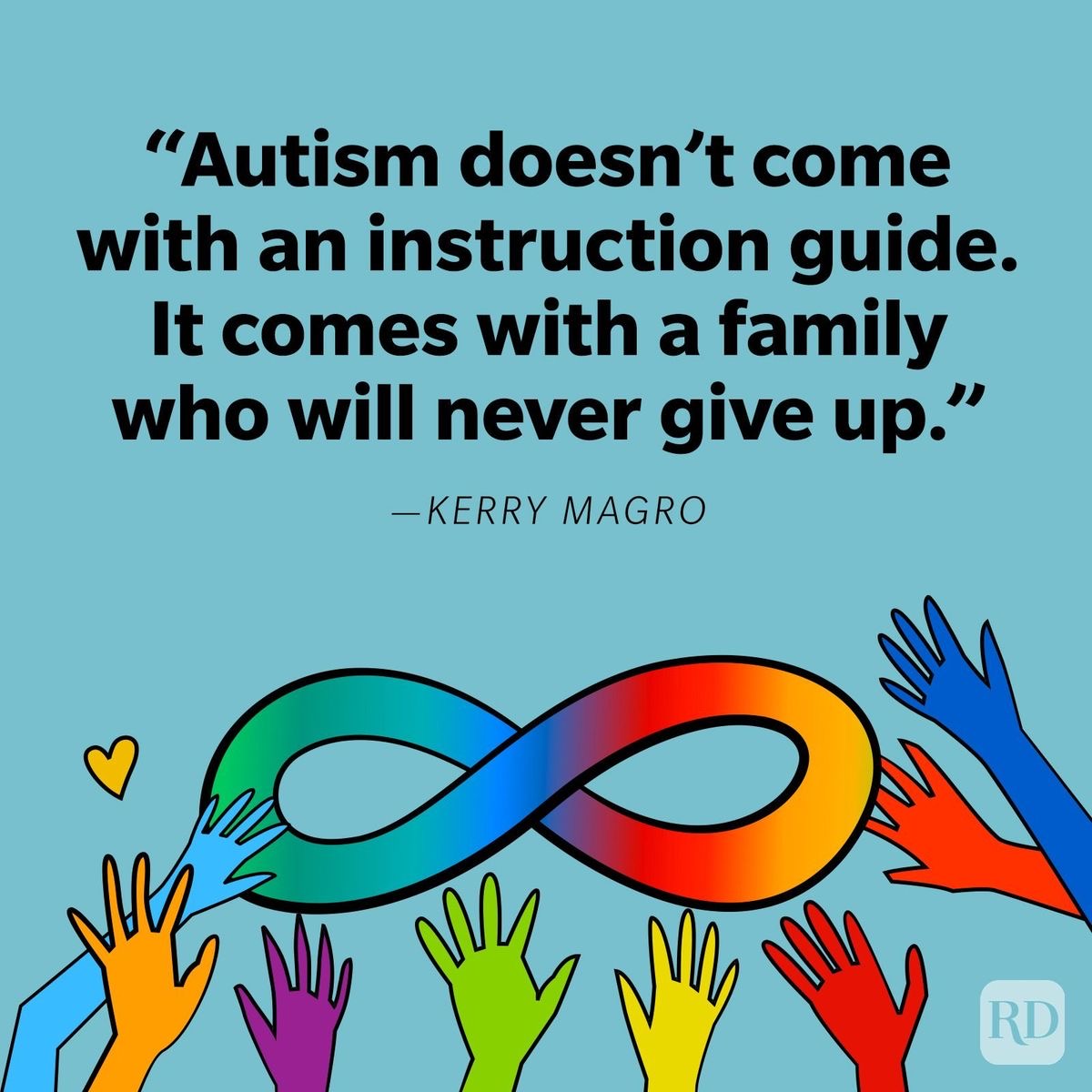
Conversations are therefore crucial to debunk misinformation, also creating a nucleus and extended community.
“The importance of these discussions is to realize that it’s not a problem and that it’s going to be here forever, and the rate is increasing. And we, as a society, have to adjust and adapt to what this means for us. We are long past the stage of institutionalization. Autism is no longer an institutionalised type of disease, or even a disease, for that matter.
“Also, autism changes with every single person. No two autistics are the same, and only through conversing and opening up these forums and platforms are people able to start sharing. The problem is that there is no solution; there is no diagnosis that is set in stone. So the solutions only come from learning experience,” he adds.
To parents with autistic children, Nick’s number advice is to do extensive research, “google is 100% your friend.
“So you take some, test it and if it doesn’t work you let it go. Understand that your case is 100% unique. Number two, it is okay to ask others to look after the child. Parents feel guilt, they don’t ask for that help so they don’t recharge, they get frustrated and they let things slip.”
Number three is to have something to do.
“Because you spend all your time with this child, it may sound contradictory. But if you can step back an hour a day and just gather yourself, you will be so much better at this. On a more practical level, there are support groups popping up, Autism SA has many that pop up, the Autism clinic at Joburg Gen.
“They have support groups and social media platforms where you can join and interact with others because that is in essence the only thing that can help you,” said Nick.
Little Gems Intervention Services are committed to offering the best quality service to the Special needs community within South Africa. As a leading specialist care provider in the Gauteng area, we have established a specialized facility, including a Learning center, Residential/boarding and Respite Care for Children and Young Adults with learning and physical Disabilities.




